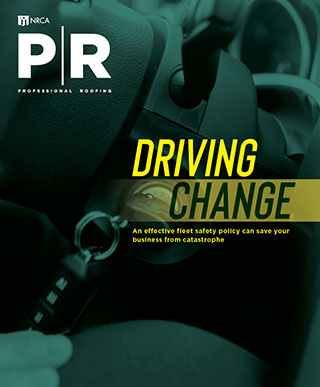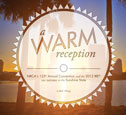It's tax season, which means it's prime time for fraud. The Internal Revenue Service (IRS) says that though tax scams occur throughout the year, such activity increases during tax filing time.
To help raise awareness of the problem, the agency has issued its Dirty Dozen list of tax scams.
The list includes the following: identity theft, phishing, return preparer fraud, hiding income offshore, claims of "free money" from the IRS and Social Security Administration, false and/or inflated income and expenses, false 1099 tax return claims, frivolous arguments, false claims of zero wages, abuse of charitable organizations and deductions, disguised corporate ownership and misuse of trusts.
Although many of these scams involve people illegally obtaining funds from the government, some involve bilking taxpayers directly. If you believe your personal information has been stolen and used for tax purposes, contact the IRS Identity Protection Specialized Unit at (800) 908-4490. For more information, visit the special identity theft page at www.IRS.gov/identitytheft.
Phishing typically involves unsolicited e-mails or fake websites that lure potential victims and prompt them to provide valuable personal and financial information. Armed with this information, a criminal can commit identity and/or financial theft.
The IRS does not initiate contact with taxpayers via e-mail to request personal or financial information. This includes any type of electronic communication, such as text messages and social media channels. If you receive an unsolicited e-mail that appears to be from the IRS or an organization linked to the IRS, such as the Electronic Federal Tax Payment System, report it to phishing@irs.gov.
And if you hire a tax preparer to file your return, make sure he or she has a Preparer Tax Identification Number, provides you with a copy of your return, does not promise larger than normal tax refunds, does not charge a percentage of the refund amount as a preparation fee, does not require you to split your refund to pay for the preparation fee, does not add forms to the return and does not encourage you to falsify information.
To learn more about tax scams, go to www.irs.gov.
Ambika Puniani Bailey is editor of Professional Roofing and NRCA's senior director of communications.



